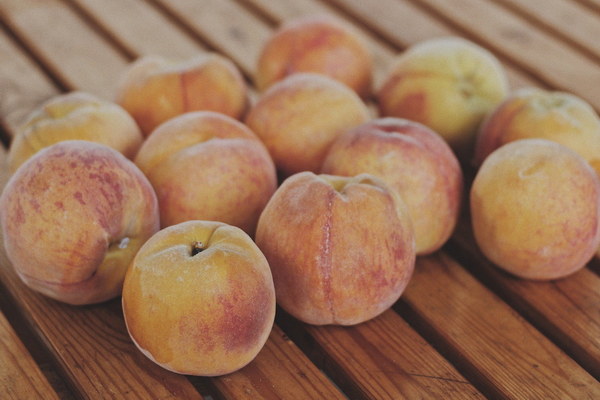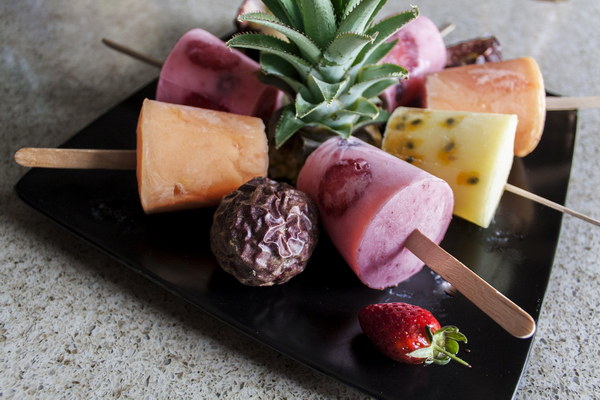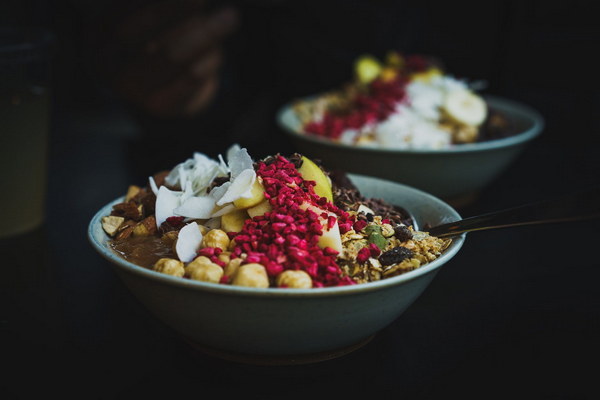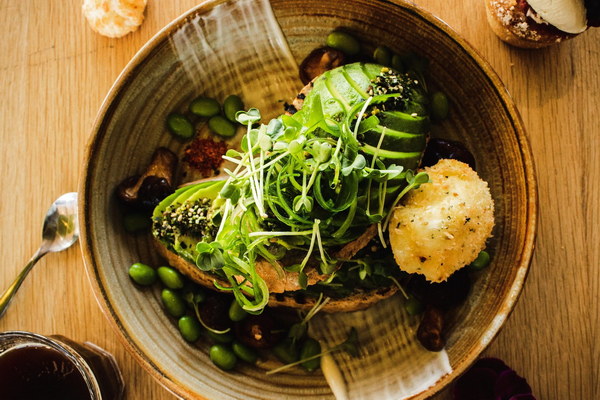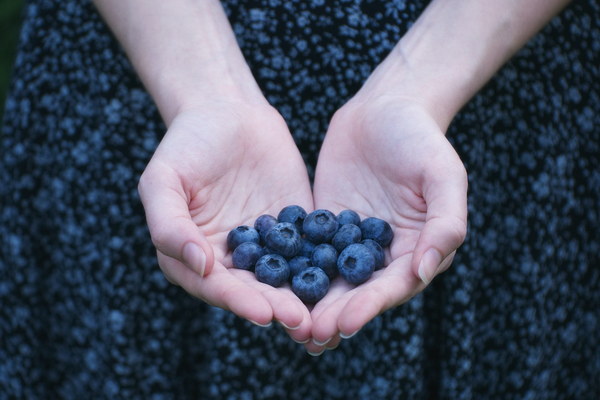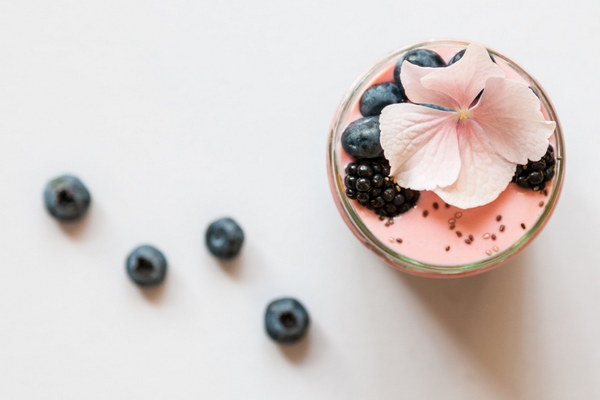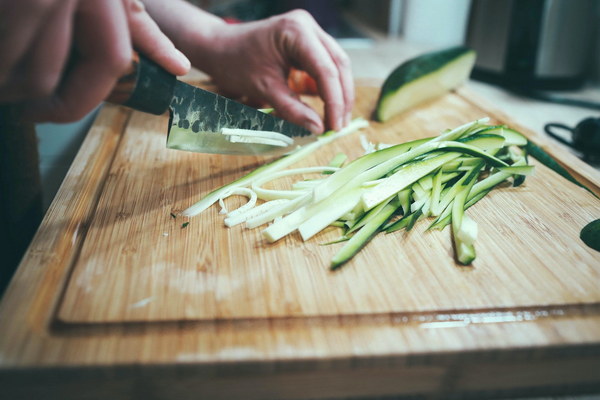Is Drinking Tea an Effective Way to Ward Off Dampness Exploring the Tradition and Science
In many cultures, tea is not just a beverage; it's a ritual and a health-promoting practice. Among the myriad benefits attributed to tea consumption, one of the most debated is its effectiveness in reducing dampness, a concept deeply rooted in traditional Chinese medicine. But is drinking tea really useful in expelling dampness from the body? Let's delve into the tradition and the science behind this claim.
The Tradition of Tea as a Dampness Remedy
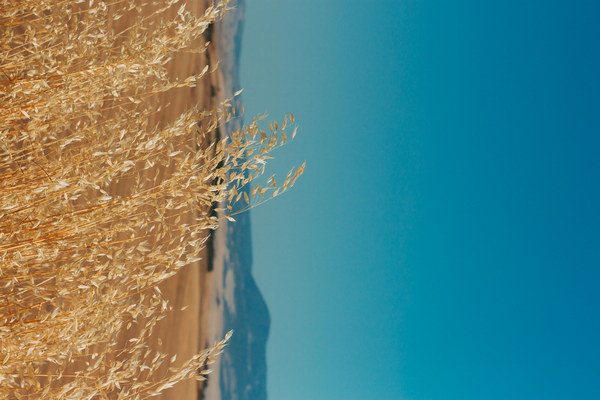
The concept of dampness, or Shi in Chinese medicine, refers to an imbalance in the body's moisture levels, which can lead to a host of ailments. According to traditional Chinese medicine, dampness can manifest as fatigue, bloating, weight gain, and even more severe conditions like arthritis or joint pain. Tea, with its warming properties, is believed to help expel dampness by stimulating the body's circulation and sweat glands.
In traditional Chinese culture, certain types of tea are specifically recommended for dampness. Green tea, for instance, is often praised for its diuretic properties, which can help reduce excess moisture in the body. Oolong tea, known for its balance of yin and yang, is also thought to be effective in expelling dampness. Pu-erh tea, with its unique fermentation process, is another favorite among those looking to combat dampness.
The Science Behind Tea's Health Benefits
While the traditional use of tea in treating dampness is well-documented, modern science has also explored the potential health benefits of tea consumption. Here are some of the ways in which tea might contribute to reducing dampness:
1. Diuretic Properties: Both green and black teas contain compounds that act as diuretics, which can increase urine production and help remove excess water from the body. This could be beneficial in reducing dampness.
2. Antioxidants: Tea is rich in antioxidants, which can help reduce inflammation and improve overall health. Inflammation is often associated with dampness in Chinese medicine, so antioxidants may play a role in alleviating symptoms.
3. Caffeine: The caffeine in tea can stimulate the nervous system and increase metabolism, potentially aiding in weight loss and the reduction of excess body fluid that contributes to dampness.
4. Digestive Health: A healthy digestive system is crucial in managing dampness, and tea can aid in digestion. The polyphenols in tea are believed to help regulate the gut microbiome, which can improve digestion and reduce dampness.
Is Tea a Cure-All for Dampness?
While tea can be a valuable part of a holistic approach to managing dampness, it's important to note that it is not a cure-all. The concept of dampness is complex and can be caused by a variety of factors, including diet, lifestyle, and environmental conditions. Therefore, it's essential to address the root causes of dampness, which may involve dietary changes, regular exercise, and stress management.
Moreover, the effectiveness of tea in treating dampness can vary from person to person. Some individuals may find that tea helps alleviate their symptoms, while others may not experience significant relief. It's always a good idea to consult with a healthcare professional or a qualified practitioner of Chinese medicine to determine the best course of action for your specific health concerns.
In conclusion, while there is evidence to suggest that tea can be a useful tool in the management of dampness, it should be used in conjunction with other healthy lifestyle choices. The tradition of tea as a dampness remedy is steeped in cultural and medicinal practices, and while modern science offers some insights into its potential benefits, the most effective approach to treating dampness is often a combination of traditional wisdom and contemporary health practices.
